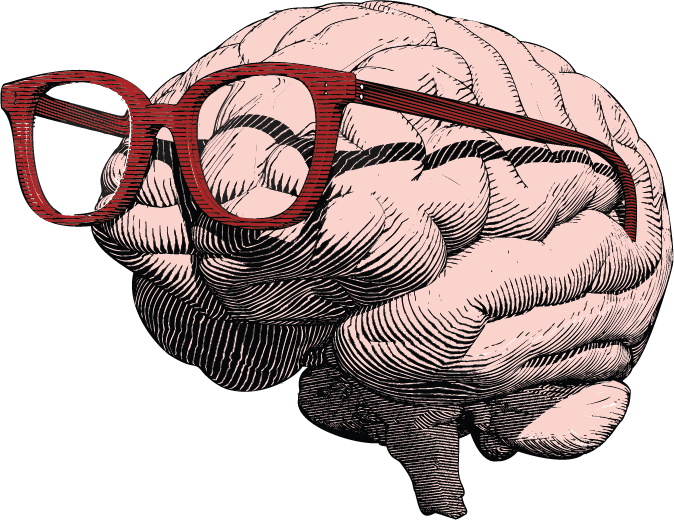Christopher Moore: Associate Director of the Carney Institute of Brain Science at Brown University
In today’s episode, Christopher Moore, Professor of Neuroscience at Brown University, discusses his ideas for making scientific education more effective, shares the ways in which researchers regard new discoveries and new ideas, and offers Nick and his listeners great advice about how to chart their careers.
Dogma vs Discovery
Chris begins by describing his pathway to becoming a professor, including his own perceived weaknesses as a student. “My memory is weird,” he admits. “I’m terrible at remembering something I’m not interested in, but almost photographic in remembering things I am interested in.” He thinks that, like him, most students won’t be able to remember everything that they hear verbatim; they need to be able to connect that material to their ultimate passions and goals in order to retain it well.
From Chris’ perspective, more students would be interested in pursuing science in high school and as undergraduates if they saw those subjects as something aside from a series of facts. According to him, the textbooks which are used to teach the natural sciences are chock-full of the least interesting side of science — the questions that have been figured out already.
“My goal isn’t to teach people facts,” he says. “It’s partly to teach people how to answer questions, and in equal measure how to pose questions.” How would he accomplish this? He thinks that the ideal way to teach a class is to assign a short essay before each lecture, challenging students to answer questions about the subject without any prior knowledge. Even if his students don’t intuit how nature solves a particular problem, they might develop a better understanding of the relevant parameters. For example, if a class were asked to generate their own model for how cells convert oxygen into energy, they might not be able to figure out the Krebs Cycle but they would probably understand the importance of compartmentalizing the process.
While Chris isn’t as interested in scientific dogma as he is in the process of discovery, he knows how critical it is to build a foundational model of what is known. Once his students have developed that understanding of the “status quo of knowledge,” they’ll have a better conception of which strange data in their own experiments deserves greater scrutiny and which scientific ideas are revolutionary.
But this doesn’t mean that expert scientists — those researchers who have been steeped in the knowledge of a field for an entire career — are the best judges of what results are interesting and novel. “I can’t think of a worse group of people to review papers than experts,” Chris laughs. In his opinion, experts suffer from confirmation bias towards existing models, making them bad judges of useful novelty. Far better, according to Chris, to have a large group of people who know “just enough.”
Value Judgments
Nick and Chris go on to discuss the ways in which new findings should be judged. What are the best measurements for ranking the importance of scientific work? Should scientific papers merely be evaluated according to the “impact factor” (a measure of citation frequency) of the journals that they are published in? Chris argues that other metrics, which relate less to the popularity of the ideas presented in the publication and which better reflect the research’s discovery value (or how surprising the findings in the paper are) could be useful counterparts.
The closest [you] can get to a road map [of your ideal career] is to be really honest about who your heroes are.
Christopher Moore
What advice would Chris offer to young scientists? In his opinion, “the closest [you] can get to a road map [of your ideal career] is to be really honest about who your heroes are.” He advocates making a list of a small number of people who have provided inspiration (Chris recommends going beyond scientists and even suggests including a fictional character; his own list includes Dumbledore from the Harry Potter universe), then ask yourself what those heroes had in common with each other. How did they pursue their education? How do they make tough decisions? “If you want to distinguish yourself,” he says, “you’ve got to relate to what really motivates you.”
Notes for this episode were written by Sam Asinof.
